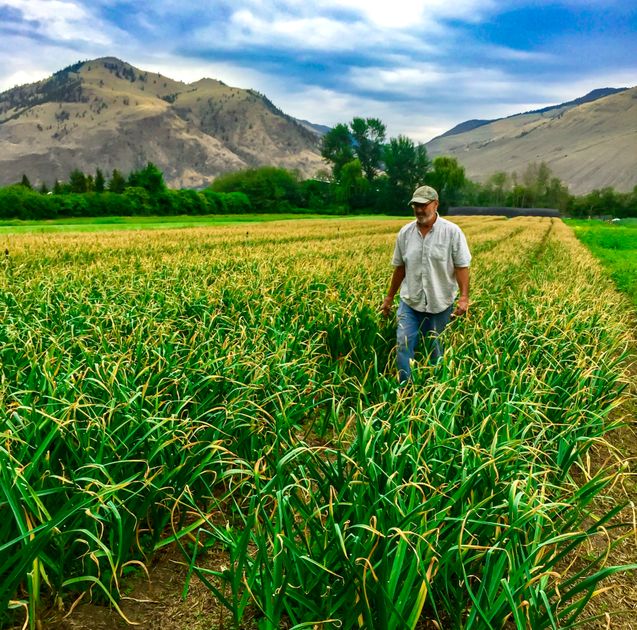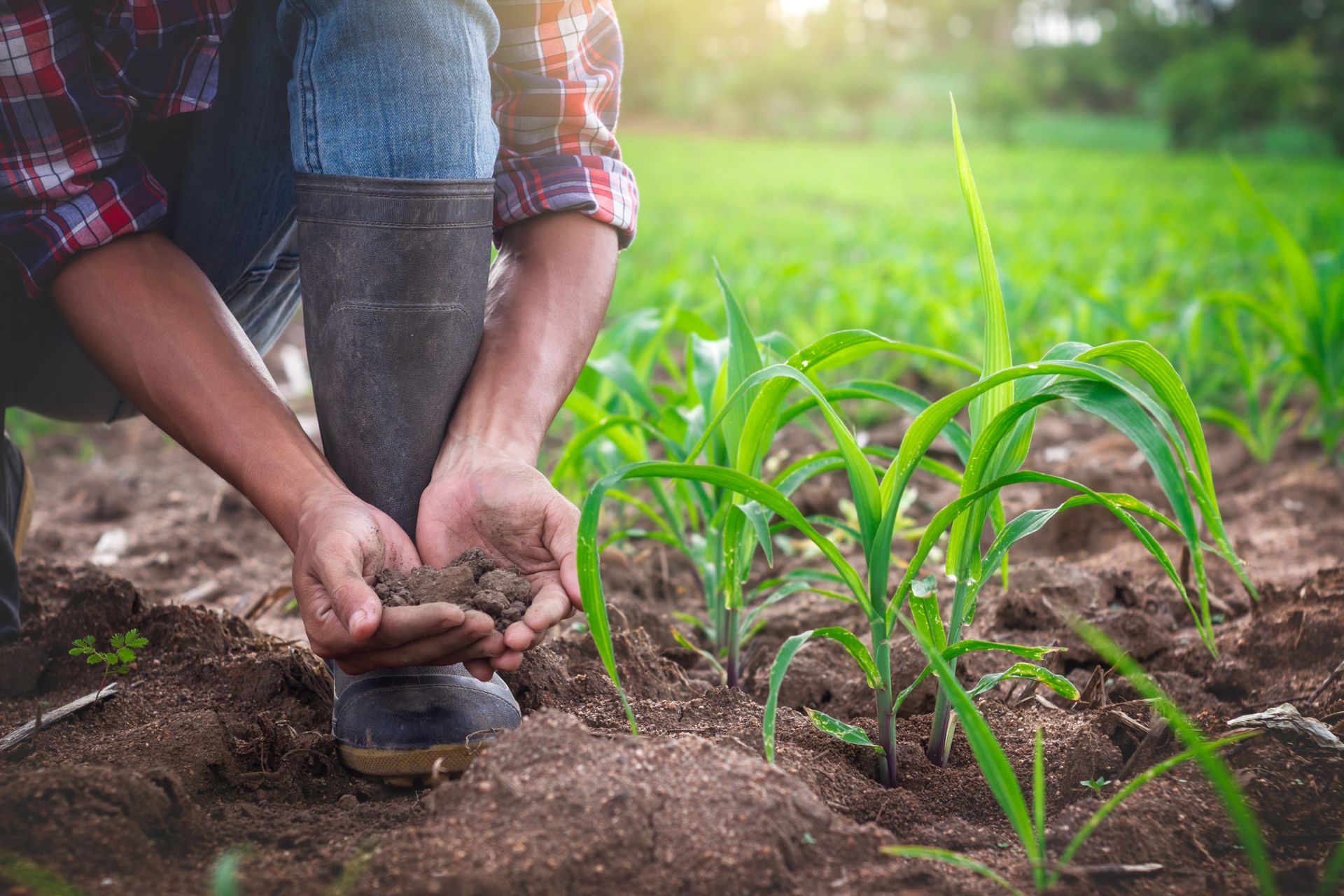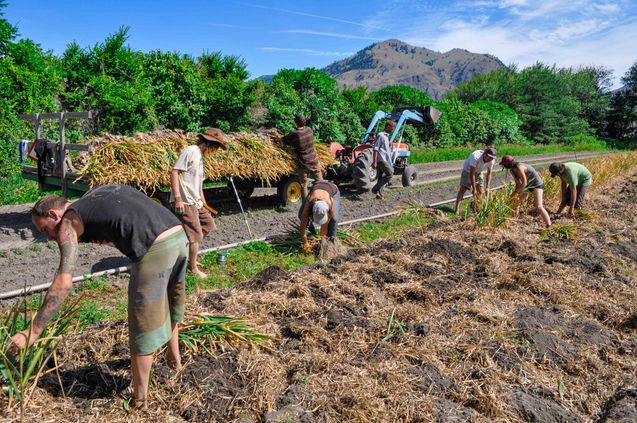The word sustainable is often over used to the point that we are not exactly sure what it means. In Canada there are rules around what sustainable farming is and it is defined by the Government of Canada, which forms the basis for organic agriculture and production. Organic farming and production is closely governed and certifiable. The intention of sustainable farming is to meet the needs of the present generations without compromising the ability of future generations to meet their own needs.
Sustainable farms produce crops and raise animals without relying on toxic chemical pesticides, synthetic fertilizers, genetically modified seeds, or using practices that degrade soil, water, or other natural resources. By growing a variety of plants and using techniques such as crop rotation, conservation tillage, and pasture-based livestock husbandry, sustainable farms protect biodiversity and foster the development and maintenance of healthy ecosystems.
Here are the benefits of organic thereby sustainable farming practices:
Minimizes soil degradation and erosion – Organic production maintains long-term soil fertility by optimizing conditions for biological activity within the soil. National standards require that producers use organic methods such as manure application, crop rotation and composting to maintain soil quality. These high organic matter soils translate into better structure, water-holding ability, increases nutrient absorption capacities and slow organic matter break down.
Maintains biological diversity in the ecosystem – Studies have proven organic production has a 30% higher biodiversity than conventional farming. This means there are more birds, butterflies, soil microbes, beetles, earthworms, spiders, vegetation and mammals in the agricultural operations then on conventional farms.
Recycles materials and resources to the greatest extent possible – Such practices as composting, using manure from animals to fertilize crops and water resource retention practices help to ensure all resources are used wisely and that there is no pollution or waste issues within the system.



Provide attentive care for animals – Such things as ample free-ranging outdoor access for grazing and exercise, conditions that suit the behavioral needs of the animal, feed is organically grown and drugs including antibiotics are not used. Animals are not sent to feed lots to be finished and go directly to an abattoir which reduces anxiety and stress for the animals.
Natural pest control – Crop rotation is one of the most powerful techniques of sustainable agriculture. Its purpose is to avoid the consequences that come with planting the same crops in the same soil for years in a row. It helps tackle pest problems, as many pests prefer specific crops. If the pests have a steady food supply they can greatly increase their population size. Rotation breaks the reproduction cycles of pests. During rotation, farmers can plant certain crops, which replenish plant nutrients. These crops reduce the need for chemical fertilizers.
No genetic modification – In order to be a certified organic producer, farmers are required to use non-genetically modified seeds in their production. This is monitored by the Government certifying bodies and is a consumer’s only way to know they are not eating genetically modified foods in Canada.
Safer for people, animals and the environment – Since sustainable crop farms avoid hazardous pesticides, they're able to grow fruits and vegetables that are safer for consumers, workers and surrounding communities. Likewise, sustainable livestock farmers and ranchers raise animals without dangerous practices like use of nontherapeutic antibiotics or arsenic-based growth promoters. Through careful, responsible management of livestock waste, sustainable farmers also protect humans from exposure to pathogens, toxins and other hazardous pollutants. Sustainable agriculture reduces the need for use of non-renewable energy resources and as a result benefits the environment.


